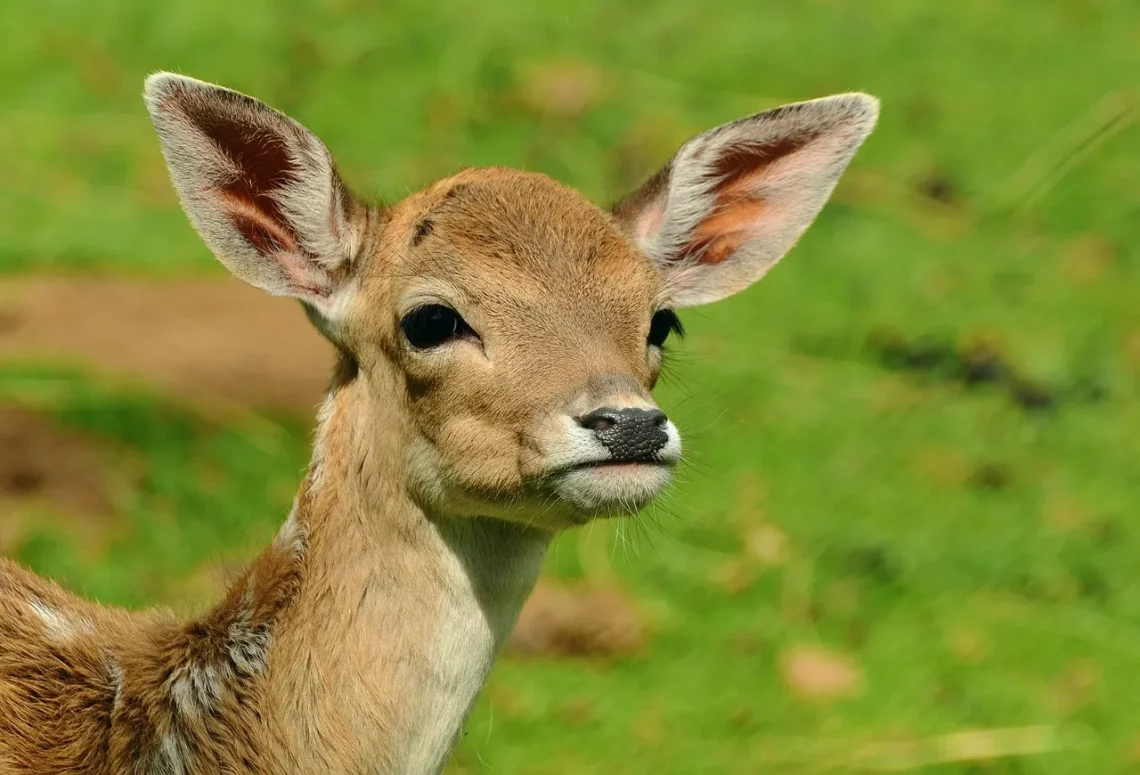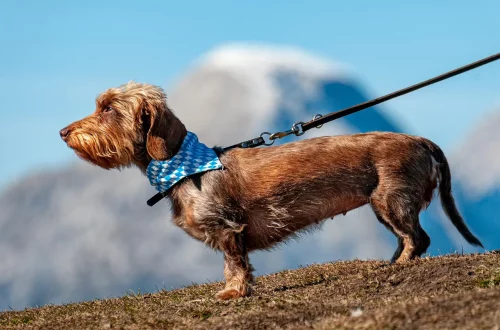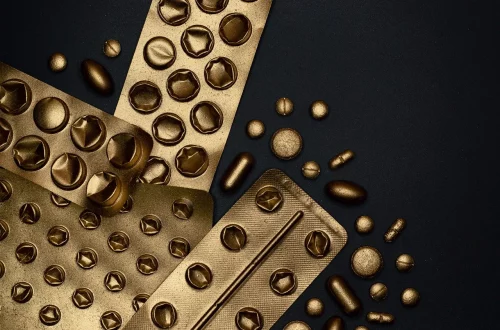
Can Deer Eat Carrots? Understanding Their Dietary Preferences
Understanding the dietary needs of deer is essential for anyone interested in wildlife, gardening, or farming. These graceful animals are often seen wandering through forests, fields, and even suburban areas, leading many to wonder about their feeding habits. Whether you are a nature enthusiast or simply trying to protect your garden, knowing what deer eat can help you manage interactions with them effectively.
Deer are herbivores, primarily grazing on a wide variety of plants, including leaves, buds, fruits, and nuts. Their natural diet varies significantly depending on the season and their specific habitat. Understanding the nutrients that deer require and how they obtain them can provide insights into their behavior and health.
Additionally, many people are curious about human foods that deer might consume, with carrots being a common subject of interest. Carrots are often seen as a healthy snack for pets and humans alike, but what about deer? Do these animals enjoy carrots, and are they safe for them to eat? This inquiry opens up a broader conversation about deer diets and their nutritional needs, which can vary by species and by region.
What Do Deer Typically Eat?
Deer are primarily browsers, meaning they prefer to consume leaves and twigs from bushes and trees rather than grazing on grasses. Their diet typically includes a mixture of woody plants, herbs, fruits, and nuts, making them quite adaptable to various environments. During the spring and summer, deer tend to eat young leaves, wildflowers, and tender shoots, while in the fall and winter, they may rely more on acorns and other hard mast, as well as evergreen foliage.
The nutritional needs of deer can vary based on several factors, including age, sex, and season. For example, pregnant or lactating females require more protein and energy compared to males or non-reproductive females. Young deer, or fawns, also need a diet rich in nutrients to support their rapid growth.
Interestingly, deer have a unique digestive system that allows them to break down tough plant materials efficiently. Their stomach has four compartments, which helps them ferment and digest fibrous plant matter. This adaptation enables deer to thrive on a variety of plant species, even those that are less palatable to other animals.
Understanding the specific plants and materials that deer naturally consume can help in creating a suitable environment for them. Landowners and wildlife enthusiasts can plant deer-friendly vegetation or provide supplemental feed during harsh winters to help maintain their health.
Can Deer Digest Carrots?
Carrots are often considered a nutritious snack for humans and some animals, but what about deer? The good news is that deer can indeed digest carrots. Carrots are high in carbohydrates and provide a burst of energy, making them an appealing food source during certain times of the year.
However, it’s essential to recognize that while deer can eat carrots, they should not form the primary component of their diet. Carrots lack certain nutrients that deer require, such as protein and fiber. In the wild, deer obtain these nutrients from natural forage, which is more balanced compared to processed or cultivated foods like carrots.
Feeding deer carrots can be tempting, especially if you enjoy watching them in your yard or garden. However, it’s crucial to do so in moderation. Over-reliance on any single food source, including carrots, can lead to nutritional imbalances and health issues in deer. Furthermore, feeding wild animals can lead to dependency, reducing their natural foraging instincts.
If you decide to offer carrots to deer, it’s best to do so as an occasional treat rather than a staple food. Consider mixing carrots with other deer-friendly foods, such as apples or grains, to provide a more balanced diet. Always ensure that any food you offer is fresh and free from pesticides or chemicals.
Impacts of Feeding Deer Human Foods
Feeding deer human foods, including carrots, can have unforeseen consequences. While it may seem harmless to offer a snack to these creatures, there are several factors to consider. One of the most significant concerns is the potential for nutritional imbalances. Deer have evolved to consume a specific diet based on their natural habitat, and introducing human foods can disrupt their natural foraging behavior.
Additionally, feeding deer can lead to increased interactions with humans, which may cause them to lose their natural fear of people. This shift can lead to more deer venturing into urban areas, searching for food, and potentially causing accidents or conflicts with humans.
Another significant issue is the risk of disease transmission. Concentrating deer populations around feeding sites can facilitate the spread of diseases such as chronic wasting disease (CWD). This neurological disease is fatal to deer and has implications for wildlife management and conservation efforts.
Moreover, feeding deer human foods can attract other wildlife, including rodents and pests, which may not be desirable. This can lead to additional challenges for homeowners and landowners.
To promote a healthy deer population, it is generally best to let them forage naturally. If you wish to help deer, consider planting native vegetation that can provide a sustainable food source throughout the year. This approach supports the ecosystem and allows deer to thrive in their natural habitat.
Conclusion: Understanding Deer Nutrition
In summary, while deer can eat carrots, it is crucial to understand their overall dietary preferences and nutritional needs. Deer are adaptable herbivores that thrive on a diverse diet found in their natural habitat, which includes leaves, nuts, and fruits. Carrots can be offered as an occasional treat, but they should not replace the natural foods that deer require for optimal health.
Feeding deer human foods can lead to various issues, including nutritional imbalances, behavioral changes, and the risk of disease transmission. It is essential to respect the natural behaviors of deer and support their needs through sustainable practices, such as planting native plants and allowing them to forage naturally.
By understanding the dietary preferences of deer, we can help ensure their health and well-being while enjoying the beauty of these magnificent animals in their natural environment.
**Disclaimer:** This article is for informational purposes only and is not intended as medical advice. If you have health concerns regarding deer or wildlife in your area, please consult a qualified veterinarian or wildlife expert.




